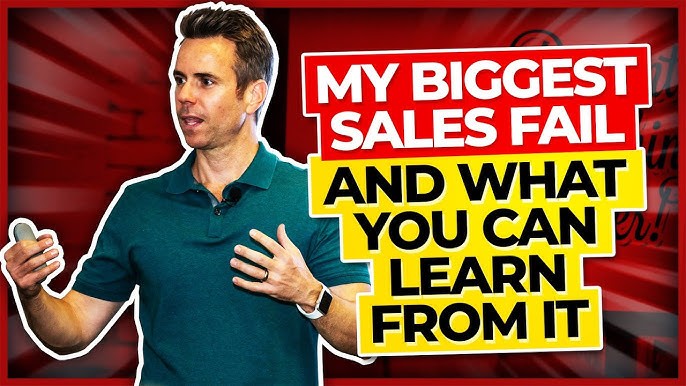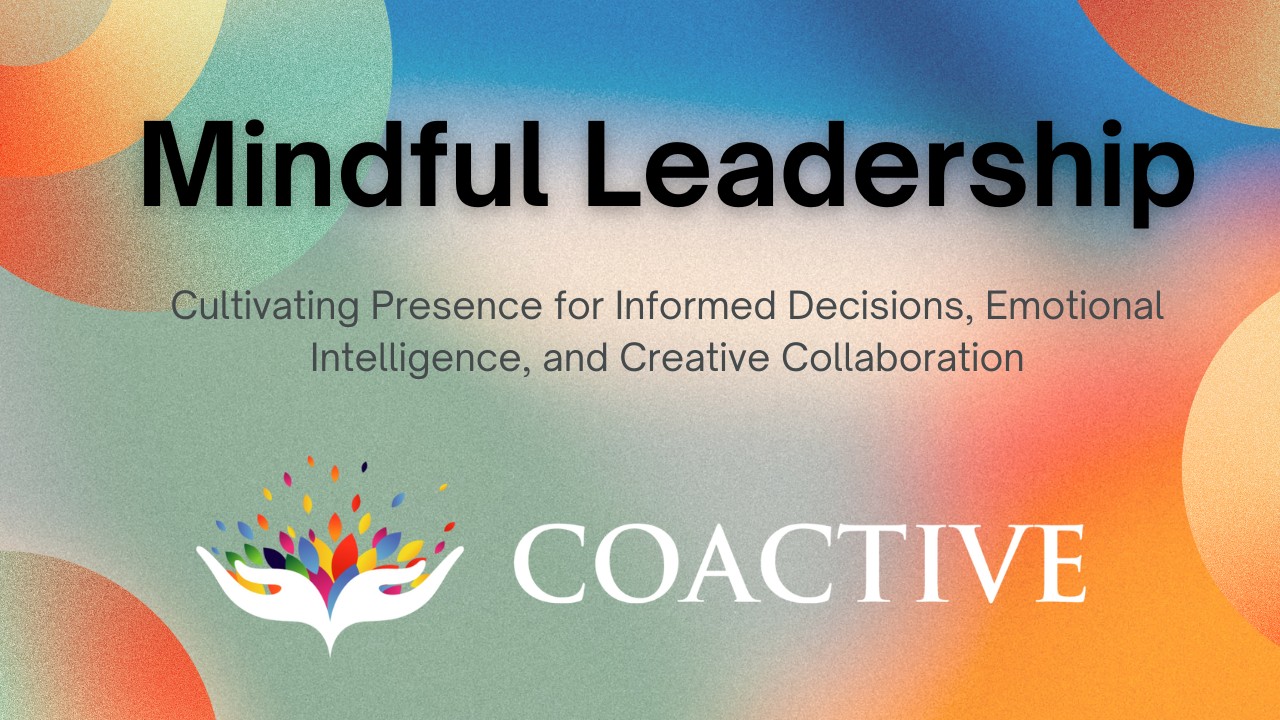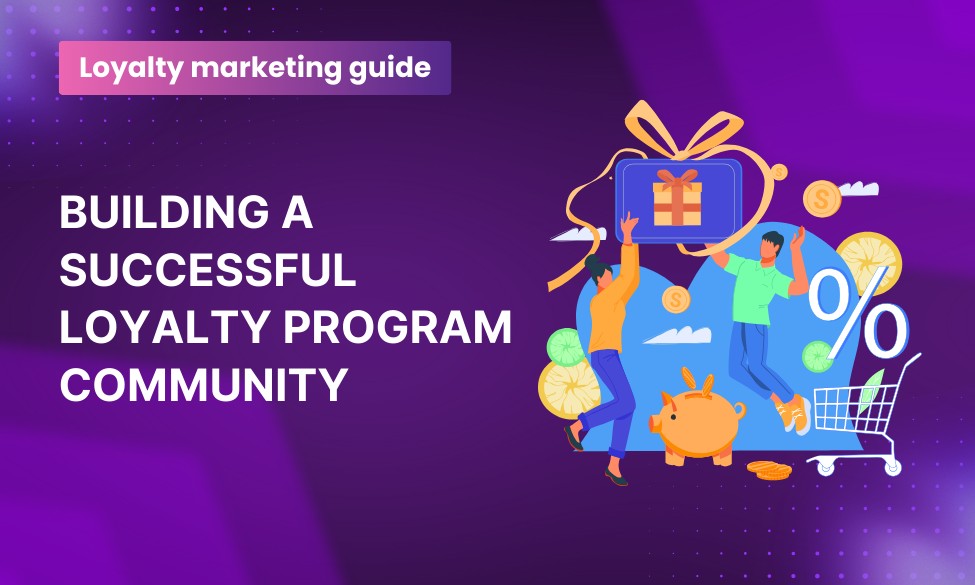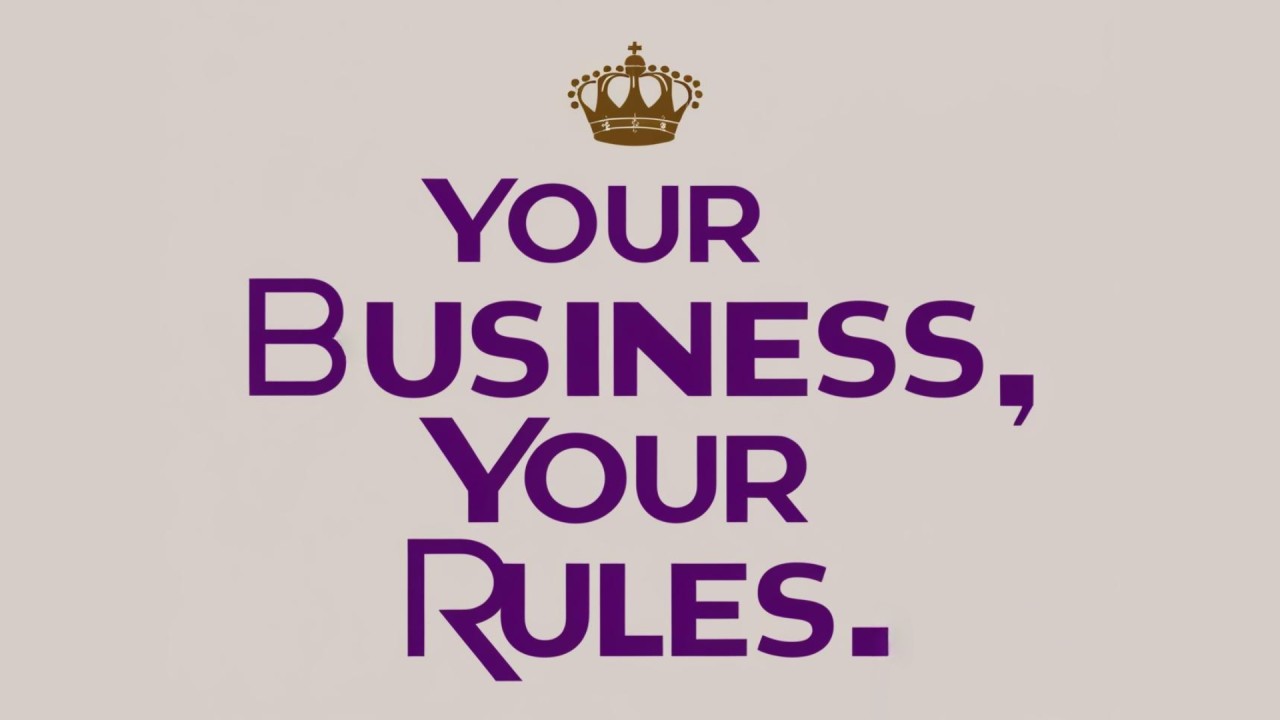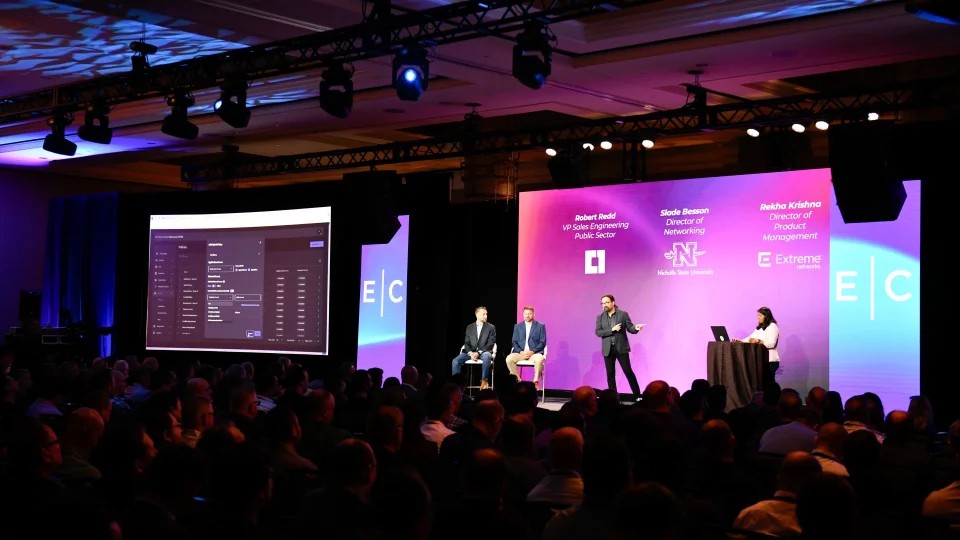Stand-up comedy and business may seem like distant worlds, but they share more than you might expect. Both require a deep understanding of audience, the ability to adapt in real time, and the courage to take risks. A great comedian doesn’t just deliver jokes—they read the room, adjust their timing, and connect with people through shared experience. Similarly, a successful business doesn’t just push products—it listens, learns, and responds with empathy and agility. The lessons from stand-up comedy are not just entertaining—they’re instructive for anyone trying to build something that resonates.
One of the most powerful tools in a comedian’s arsenal is timing. It’s not just about when the punchline lands—it’s about pacing, rhythm, and knowing when to pause. In business, timing is equally critical. Launching a product too early can confuse the market; waiting too long can mean missing the moment. Leaders who understand timing know when to speak, when to listen, and when to act. They don’t rush decisions, but they don’t stall either. They sense the tempo of their team, their customers, and the market—and they move accordingly.
Comedians also thrive on feedback. Every performance is a live test. If a joke falls flat, they feel it instantly. That discomfort becomes data. They tweak the wording, shift the delivery, or drop the bit entirely. Businesses often resist this kind of vulnerability. They prefer polished presentations and controlled environments. But the truth is, feedback—especially the uncomfortable kind—is essential for growth. When companies treat every interaction as a chance to learn, they become more responsive, more relevant, and more resilient. They stop fearing criticism and start using it as fuel.
Authenticity is another cornerstone of stand-up. Audiences can sense when a comedian is faking it. The best performers bring their full selves to the stage—flaws, quirks, and all. That honesty creates connection. In business, authenticity builds trust. Customers don’t want perfection—they want truth. They want to know who’s behind the brand, what it stands for, and how it handles mistakes. When companies communicate with transparency and humility, they invite loyalty. They become more than vendors—they become partners in the customer’s journey.
Adaptability is crucial in both fields. A comedian might walk onstage with a set list, but if the crowd isn’t responding, they pivot. They read the energy, shift gears, and find a new path. Businesses face similar challenges. Plans are important, but rigidity is dangerous. Markets change, competitors emerge, and customer needs evolve. Companies that cling to their original script often fall behind. But those that adapt—without losing their core identity—stay relevant. They treat change not as a threat, but as an opportunity to grow.
Humor itself is a powerful business tool. It disarms tension, builds rapport, and makes messages memorable. A well-placed joke in a presentation, a playful tone in a marketing campaign, or a light-hearted moment in a team meeting can shift the mood and open minds. Humor doesn’t mean being silly—it means being human. It shows that the business understands emotion, not just logic. And in a world that often feels transactional, that emotional intelligence is a competitive advantage.
Comedians also understand the value of storytelling. A joke is rarely just a joke—it’s a narrative. It has a setup, a twist, and a payoff. It invites the audience into a shared experience. Businesses that master storytelling create deeper engagement. They don’t just list features—they tell stories about how their product changes lives. They don’t just share data—they frame it in a way that makes people care. Storytelling turns information into meaning, and meaning is what people remember.
Courage is perhaps the most underrated lesson. Standing alone on a stage, hoping strangers will laugh, is an act of bravery. It requires vulnerability, persistence, and a willingness to fail publicly. Business demands similar courage. Launching a new idea, challenging industry norms, or admitting a mistake takes guts. But it’s in those moments of risk that real progress happens. Playing it safe might protect the ego, but it rarely moves the needle. Courage doesn’t guarantee success—but it guarantees growth.
Even the way comedians build their material offers insight. They don’t start with perfection—they start with a rough idea. They test it, refine it, and evolve it over time. Businesses can learn from this iterative approach. Instead of waiting for the perfect product or campaign, they can launch, learn, and improve. This mindset encourages experimentation and reduces the fear of failure. It treats progress as a process, not a destination.
Ultimately, what business can learn from stand-up comedy is how to be more alive. More present, more responsive, more human. Comedy reminds us that connection matters more than control, that listening is as important as speaking, and that vulnerability is a strength, not a weakness. When businesses embrace these principles, they don’t just perform better—they resonate more deeply. They become not just successful, but unforgettable.

